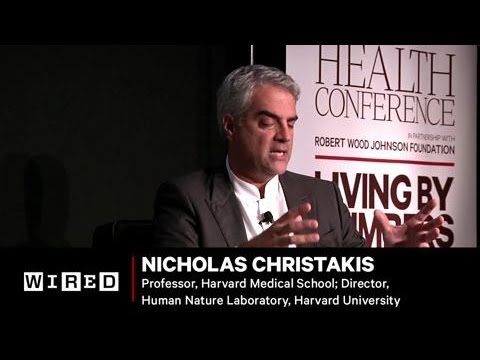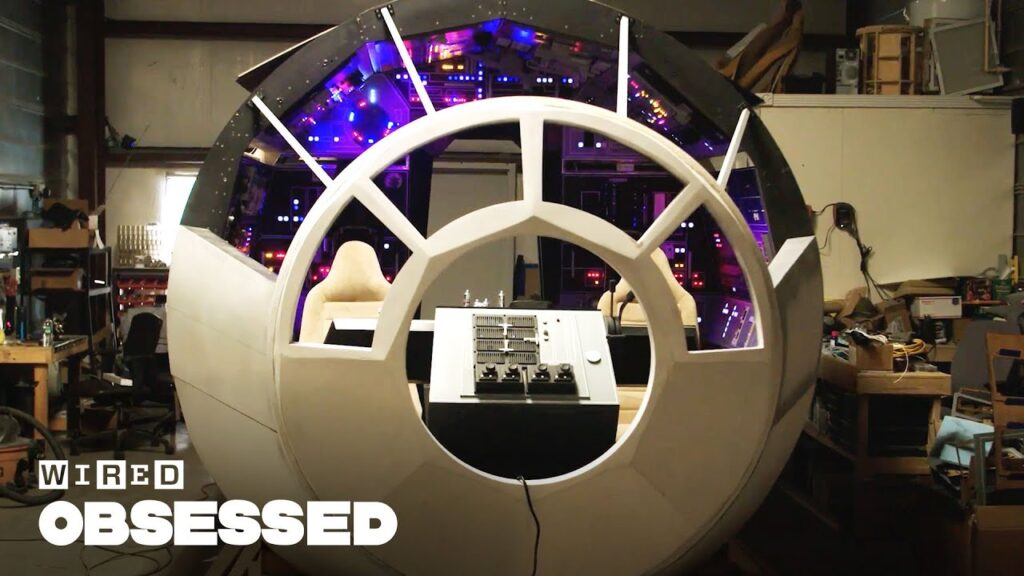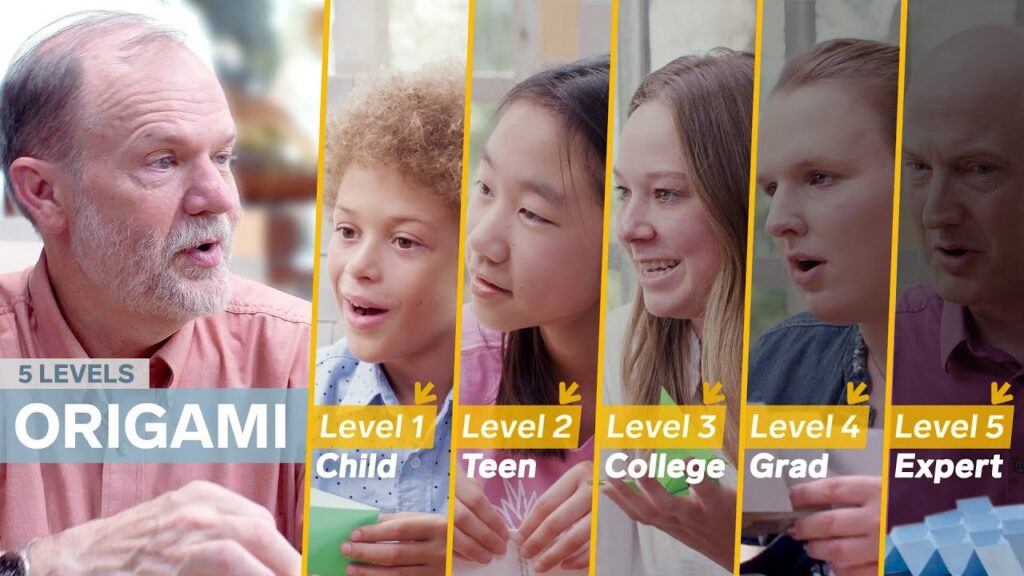The Future of Medicine: Algorithms, Sensors, and Computational Approaches
Summary
Advances in technology have the potential to change the way we approach medicine. The use of algorithms, sensors, and computational approaches is becoming increasingly prevalent, and it is believed that these tools may play a crucial role in the diagnosis and treatment of diseases. However, computational irreducibility poses a challenge when trying to predict outcomes of interventions. The need for a platform to bring together crowdsourced medical data is also discussed.
Table of Contents
- Introduction: The intersection of technology and medicine
- The Potential of Algorithms: Diagnosing and treating diseases
- Computational Approaches: Algorithmic drugs and medical devices
- Challenges: Predicting outcomes and dealing with computational irreducibility
- Crowdsourcing Medical Data: A platform for bringing it all together
- Conclusion: Moving forward with a technology-driven approach to medicine
Introduction
With the advancement of technology, there is much excitement surrounding the potential for using it in the field of medicine. The integration of technology will allow for more personalized and precise treatments, as well as better disease diagnosis. The use of algorithms and sensors has already changed how we monitor our health, and it is believed that computational approaches will play an increasingly important role in the future. In this article, we will discuss the potential benefits and challenges that come with incorporating algorithms, sensors, and computational approaches in medicine.
The Potential of Algorithms
Algorithms have already made significant strides in the field of medicine. The speaker believes that algorithms can be used to diagnose and treat diseases in the same way that financial portfolios are managed. With the use of sensors, people may be able to monitor their health more closely, allowing algorithms to decide what to do in the case of any abnormality.
The speaker notes that there is a need for computational approaches to medicine, including algorithmic drugs and medical devices. These could potentially offer more personalized treatments with fewer side effects. The use of computational approaches could also help to identify new drug targets and provide a deeper understanding of disease mechanisms.
Computational Approaches
Computational approaches have the potential to revolutionize the way we approach medicine. However, the speaker cautions that computational irreducibility poses a challenge when trying to predict outcomes of interventions. Essentially, this means that even a small change can have a significant impact on the outcome of a given situation. Therefore, the speaker believes that a computational process will be necessary to enumerate and evaluate possible interventions.
The speaker also briefly discusses the potential use of a virtual human tool to capture, retrieve, navigate, and visualize health data. This could provide a more comprehensive understanding of a patient’s health status, which could help in the development of more personalized treatments.
Challenges
While the use of technology in medicine holds a great deal of promise, there are also significant challenges that must be addressed. One of the biggest challenges is the need to predict outcomes of interventions. Computational irreducibility makes it difficult to accurately predict outcomes, and there is a need for a computational process to evaluate possible interventions.
Another challenge is the need for a platform to bring together crowdsourced medical data. The speaker believes that such a platform is necessary to fully realize the potential benefits of using algorithms and sensors in medicine. They are currently working on building a data repository for researchers to publish data in an easily understood and analyzed format.
Crowdsourcing Medical Data
The speaker believes that external factors such as communities and populations play a role in overall health. They suggest that it would be interesting to correlate social network data with public health issues to gain a better understanding of how these factors affect health outcomes. The speaker is looking forward to providing a platform for making such analyses possible.
Conclusion
Advances in technology offer a great deal of promise in the world of medicine. The use of algorithms, sensors, and computational approaches has the potential to revolutionize the way we approach disease diagnosis and treatment. However, there are also significant challenges that must be addressed, such as computational irreducibility and the need for a platform to bring together crowdsourced medical data. By working to address these challenges, we can continue to move forward with a technology-driven approach to medicine that has the potential to improve the lives of millions of people.







